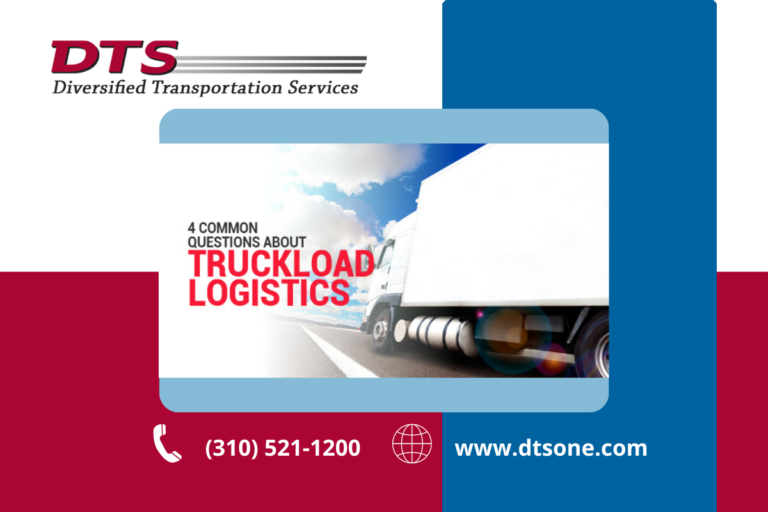
LFTWhen contemplating outsourcing your truckload and FTL shipments to another company, you likely harbor some inquiries. You want to make sure you know exactly what's going on with your freight, and that's understandable.
Here are some of the most common questions about truckload logistics and their answers.
Truckload logistics deal with truckload shipping. It is used for larger shipments that take up at least half of the full-capacity truck, but it can take up the whole truck too. Shippers usually use truckload logistics when they have enough truckload freight to fill the entire trailer when they want a trailer that only has their freight on it, or if their freight is particularly time-sensitive.
Truckload logistics offer many options when it comes to the type of trailer a shipper's freight will be sent on. Generally speaking, a shipper can choose between flatbed, dry van, or refrigerated trailers.
The type of truckload equipment you choose will depend on the needs of your freight.
Less than truckload, or LTL shipping, is for shippers who don't have enough freight for an entire trailer and whose delivery times are flexible. So that means multiple shippers' freights will be on the same truck. You can decide which freight service to choose based on your deadlines, your budget, and your requirements.
Weight restrictions for freight largely depend on the carrier. Most freight carriers are comfortable hauling between 42,000 and 44,000 pounds. Dry vans can usually carry up to 45,000 pounds. Before you decide to book a shipment, call the carrier to make sure that your shipment won't exceed the limit.
Without services like truckload logistics, the global and digital world we know today would not exist. The United States e-commerce revenue is about $423.3 billion, and it's steadily climbing. Whether it's FTL, LTL, or parcel, carriers are being forced to adjust to changes in the retail industry.
Whether you're a company looking to improve one facet of your supply chain, your entire supply chain, or simply looking for a transportation and logistics consultation, we can help.